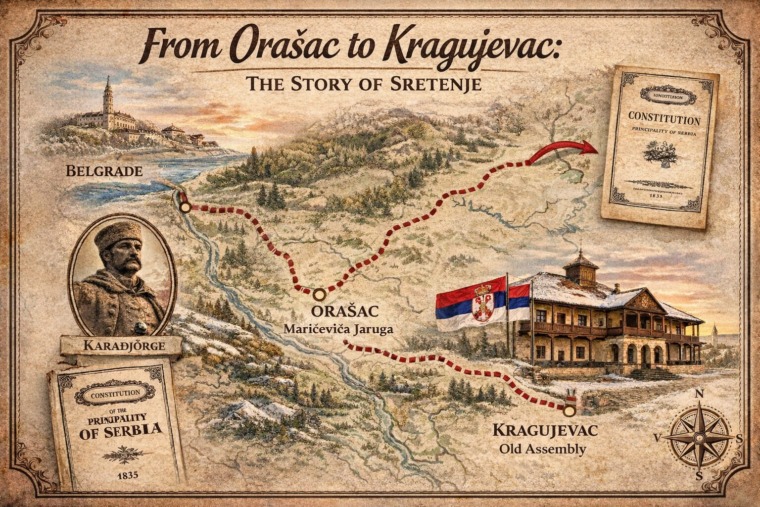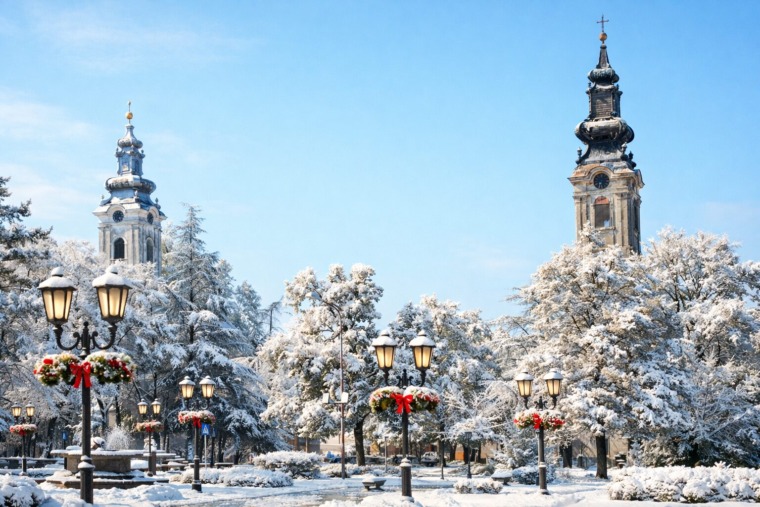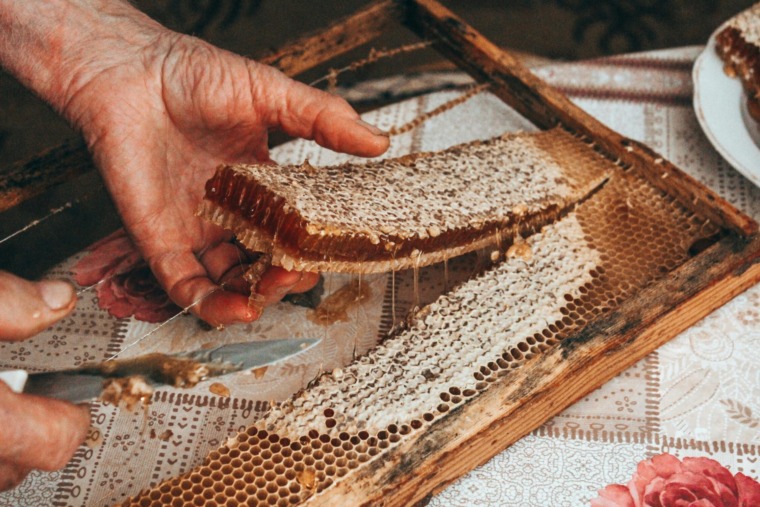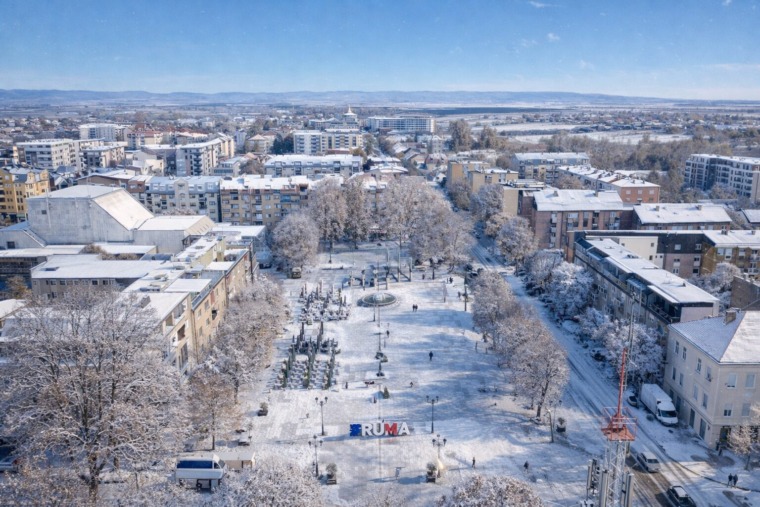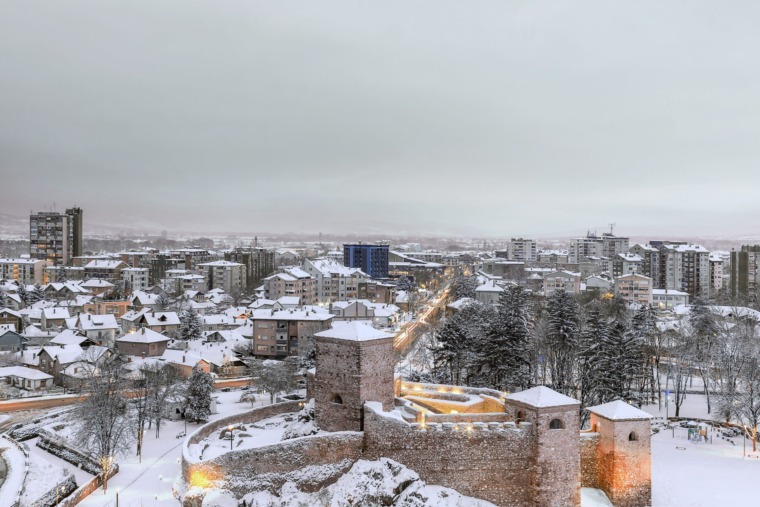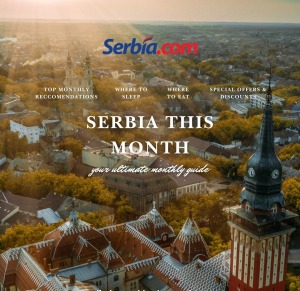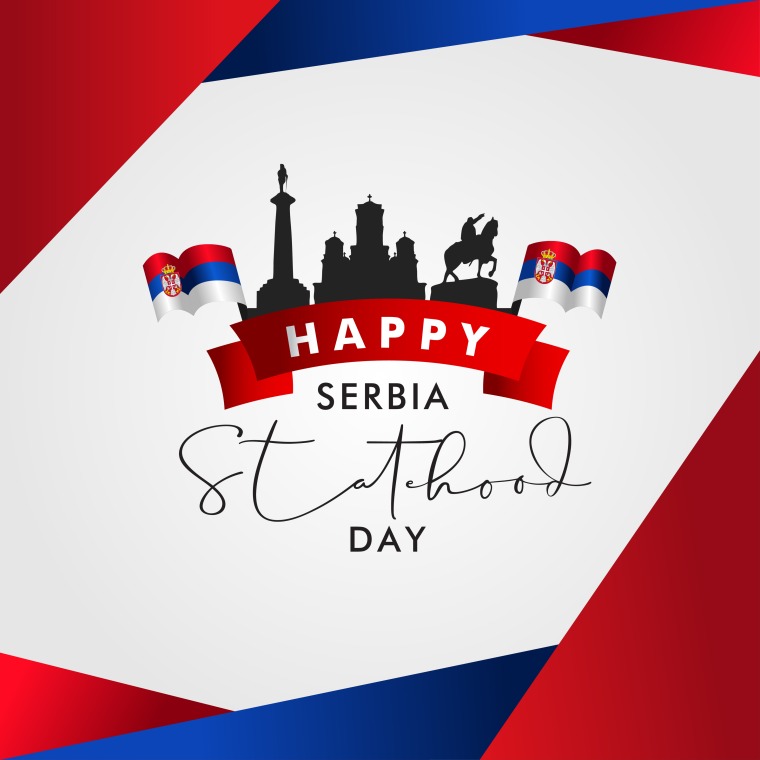
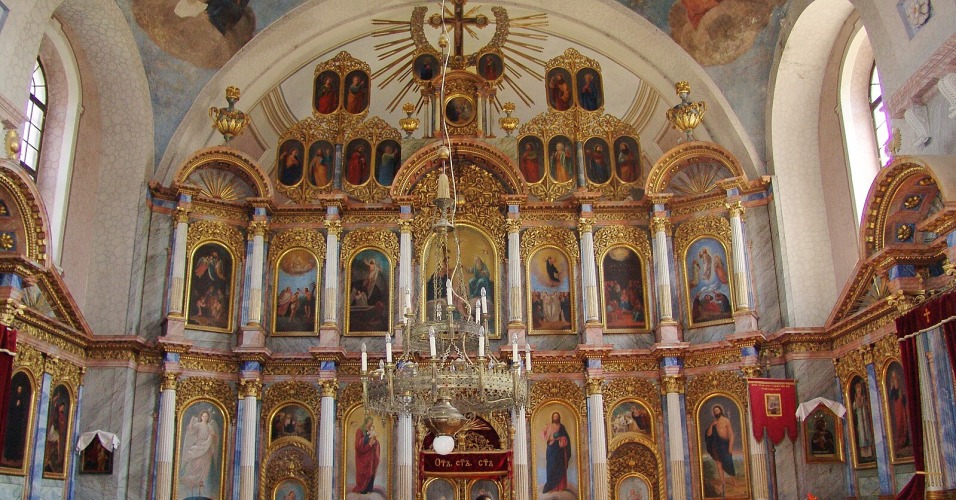
Velika Subota, or Holy Saturday, holds a special place in the Serbian Orthodox calendar. As the final day of the Holy Week, it is a time of quiet reflection, spiritual anticipation, and meaningful rituals that blend ancient Christian symbolism with deeply rooted folk customs. This day bridges the sorrow of Good Friday with the joy of Easter Sunday (Vaskrs), and in Serbia, it’s observed with a unique atmosphere of peace, silence, and subtle preparation for the resurrection.
What is Velika Subota?
Velika Subota commemorates the day when Jesus Christ lay in the tomb, and is traditionally regarded as a time of mourning and stillness. In the Orthodox tradition, it is a day of silent hope and preparation, not only spiritually but also practically—setting the stage for the joyful celebration of Christ’s resurrection.
1. Silence and Reflection: A Day Without Noise
Unlike other holy days filled with song or celebration, Velika Subota is characterized by silence. Serbian Orthodox believers observe it as a quiet day, refraining from loud music, television, and unnecessary noise. Many families spend the day in prayer or contemplation, reflecting on Christ’s suffering and the promise of resurrection.
2. Egg Dyeing: The Red Egg Tradition
Although most egg dyeing happens on Veliki Petak (Good Friday), Velika Subota is when some families finish dyeing or decorating eggs—especially if they couldn’t do it the day before.
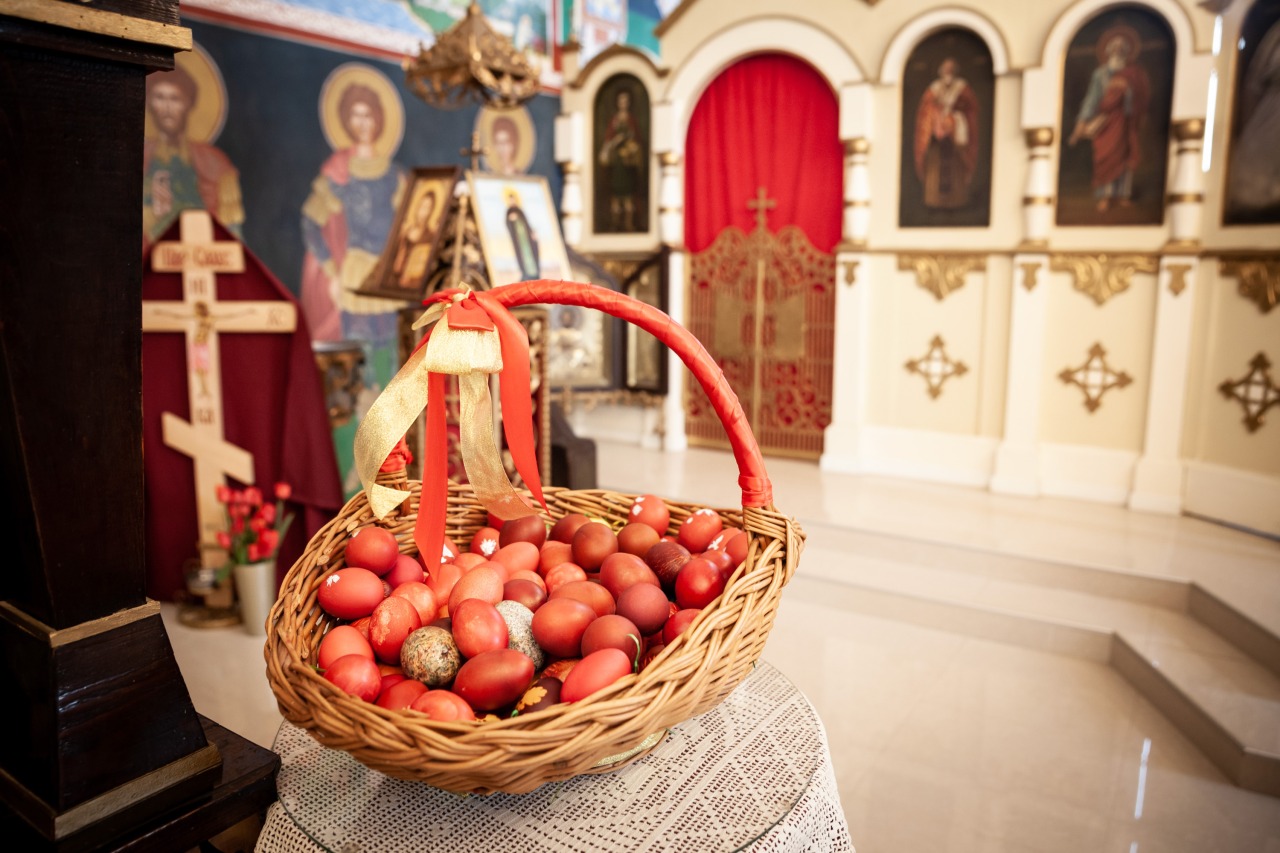
The first egg is always dyed red, symbolizing Christ’s blood and resurrection. This “čuvarkuća” (house guardian egg) is kept in the home throughout the year for protection and good luck, often placed near icons or in a special place of reverence.
✨ Fun fact: In some rural areas, red eggs are buried in fields to bless the crops or hidden in the barn to protect animals.
3. Midnight Liturgy Preparations
Although Easter’s midnight liturgy (Vaskršnja liturgija) happens in the late hours between Velika Subota and Easter Sunday, families start preparing earlier in the day. Believers dress in their best clothes, light candles, and prepare baskets with eggs, bread, and lamb to be blessed after the service.
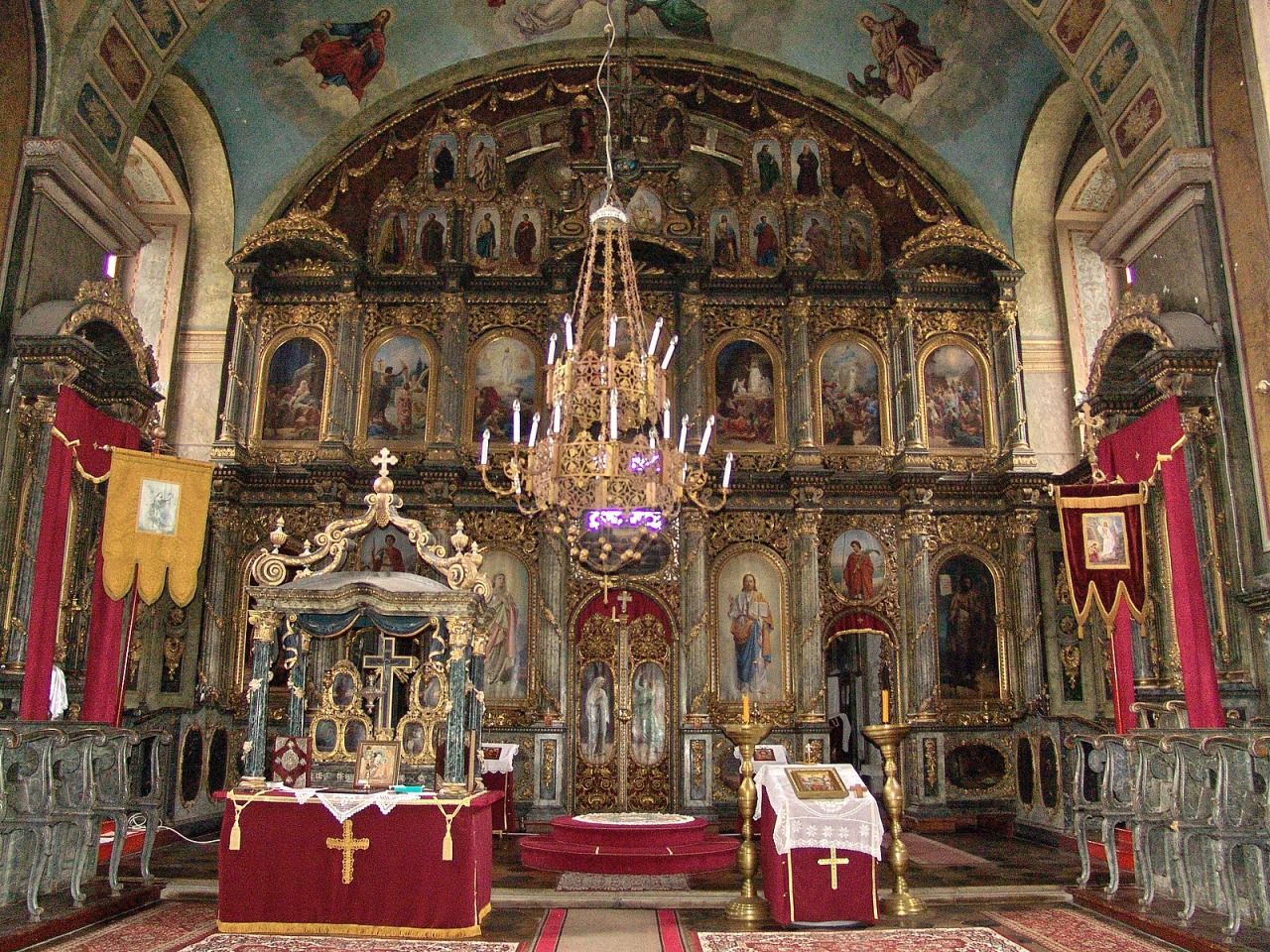
Many Serbians, even those who aren’t regular churchgoers, attend this midnight liturgy, which marks the symbolic passage from death to life, darkness to light.
4. The Holy Fire Tradition
While not practiced in every town or village, some Serbian Orthodox churches reenact the reception of the Holy Fire (Blagodatni oganj), a flame that arrives from the Church of the Holy Sepulchre in Jerusalem. This symbolic fire is shared among candles held by the faithful, and then taken home to light the family candle or vigil lamp.
This tradition adds a mystical element to the night, linking Serbian believers with the sacred ritual in Jerusalem.
5. Fasting and Final Meals Before the Feast
Velika Subota is the final day of the Great Lent fast, and it is observed strictly—no meat, dairy, or oil in many households. The day is also used for preparing the Easter feast, with kitchens filled with the aroma of baking bread, Easter cakes, and the seasoning of roast lamb that will be served after midnight.
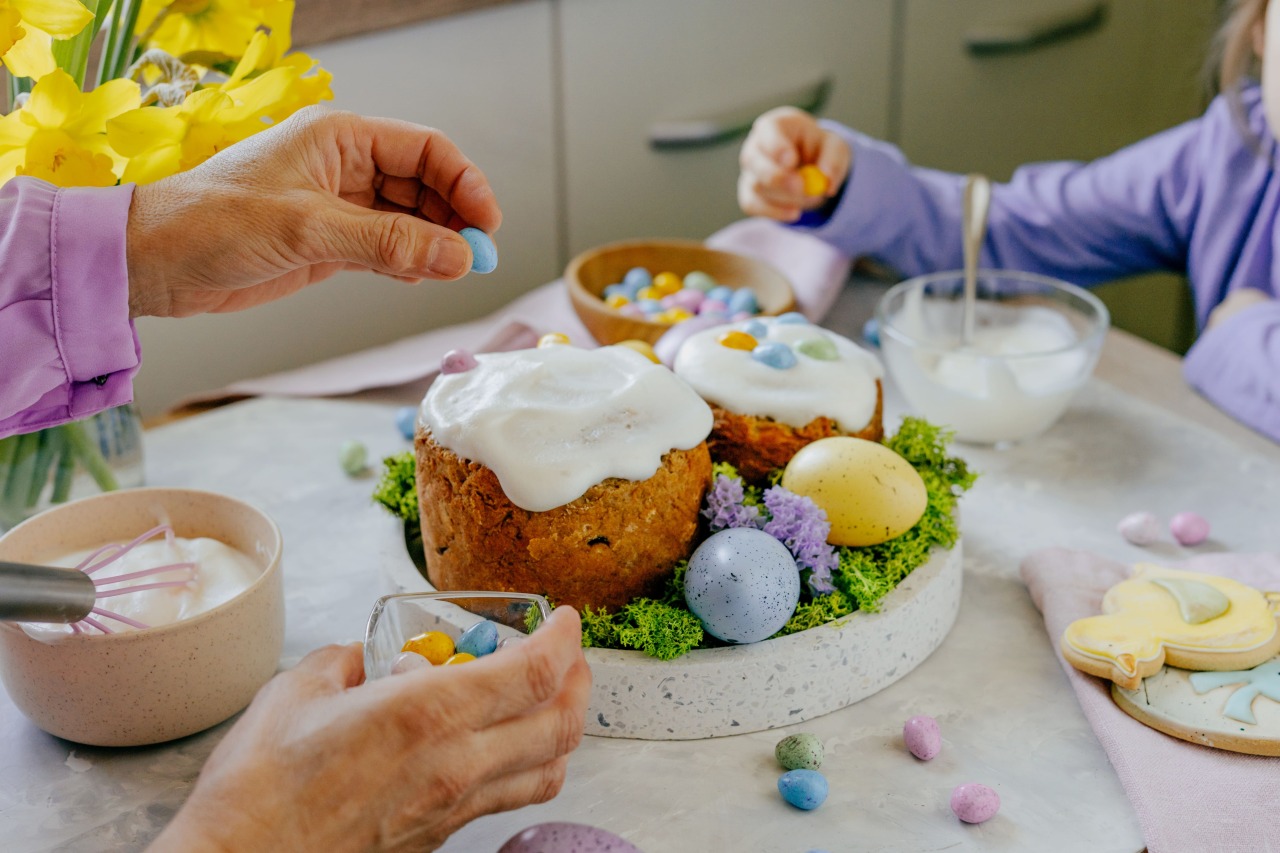
6. Cleaning the House and Soul
Velika Subota is often called a day of cleansing—both spiritually and physically. It’s traditional for families to clean their homes, change bed linens, wash clothes, and bathe, symbolizing the removal of sin and darkness before the resurrection. This physical preparation mirrors the spiritual cleansing achieved through confession and prayer.
Folklore and Rural Customs
In some villages in central and eastern Serbia, folk traditions accompany Orthodox rituals. One such custom includes burning dried herbs or incense to cleanse the home of evil spirits. Some elderly women prepare wheat dishes (žito) as offerings for the dead, in remembrance of Christ’s death and all departed souls.
In Vojvodina, children used to go from house to house on Velika Subota evening, knocking on doors and shouting, “Jaje za jaje!” (“An egg for an egg!”)—a playful call for Easter eggs and candies.
A Day of Sacred Transition
Velika Subota in Serbia is more than just the day before Easter—it’s a solemn, almost magical pause between suffering and resurrection. It invites reflection, respect, and renewal—both for individuals and families. Whether through the crack of a red egg, a flickering candle brought home from the midnight service, or a lovingly prepared Easter table, the spirit of Velika Subota quietly unites the Serbian people in tradition, faith, and hope.

